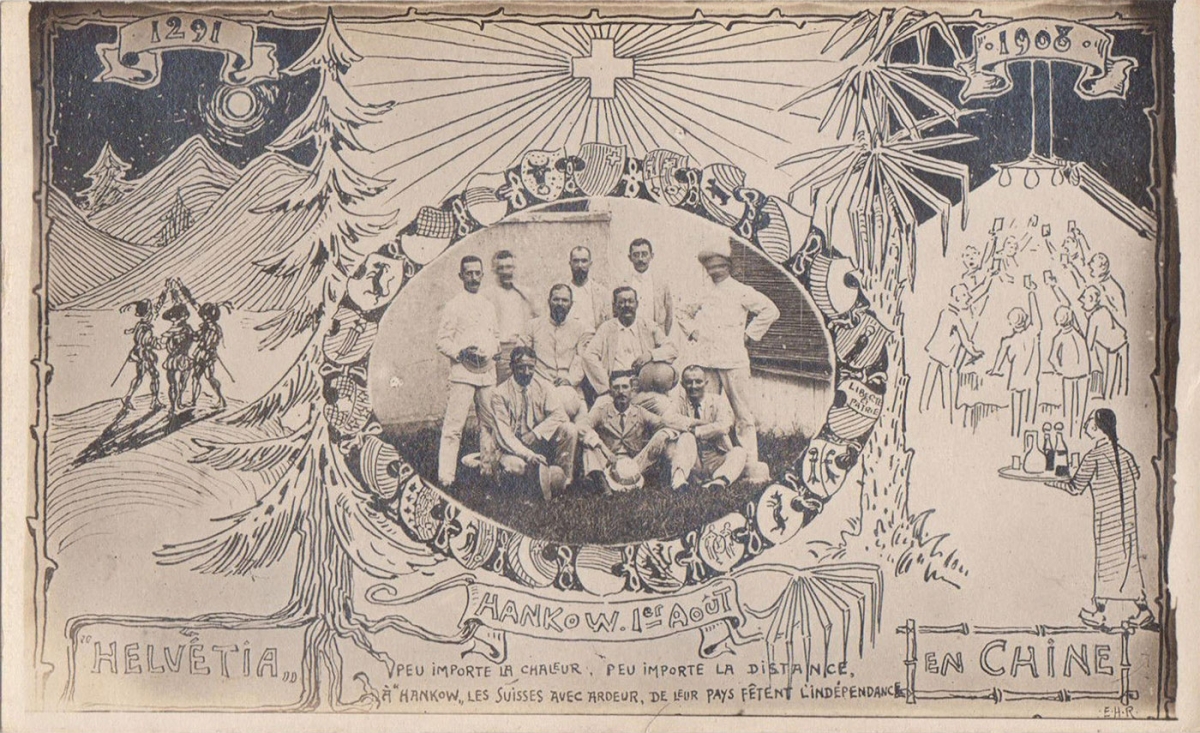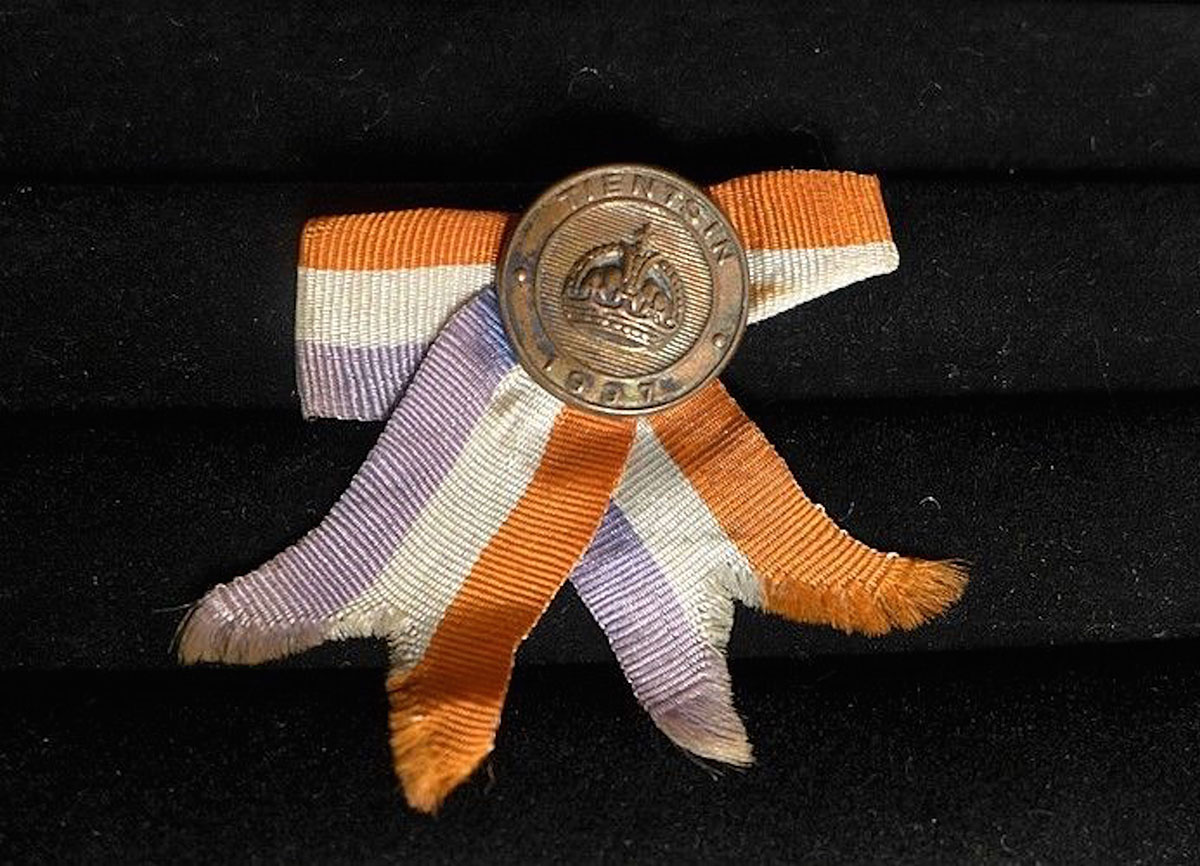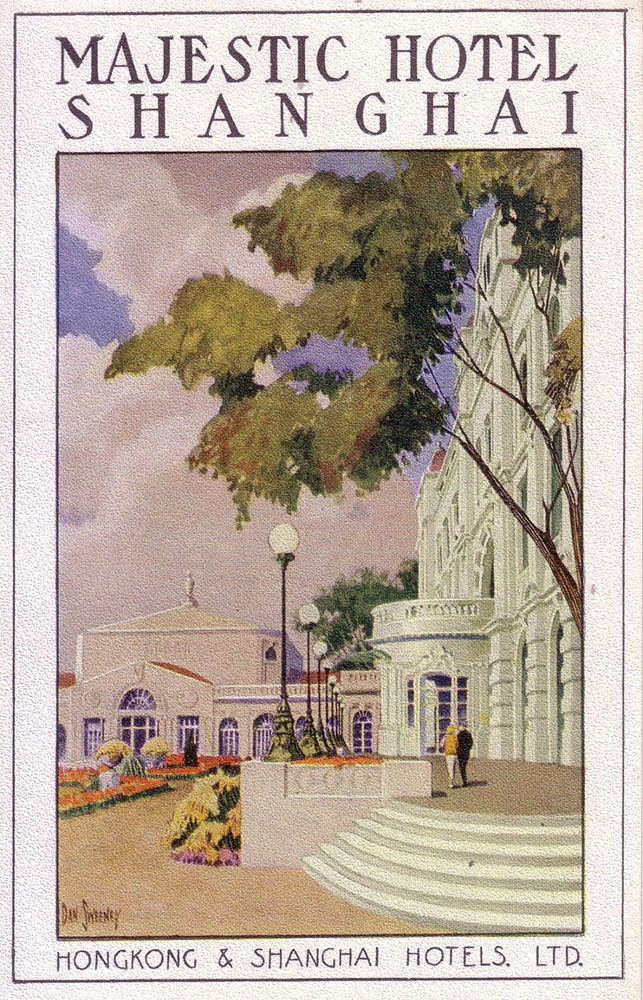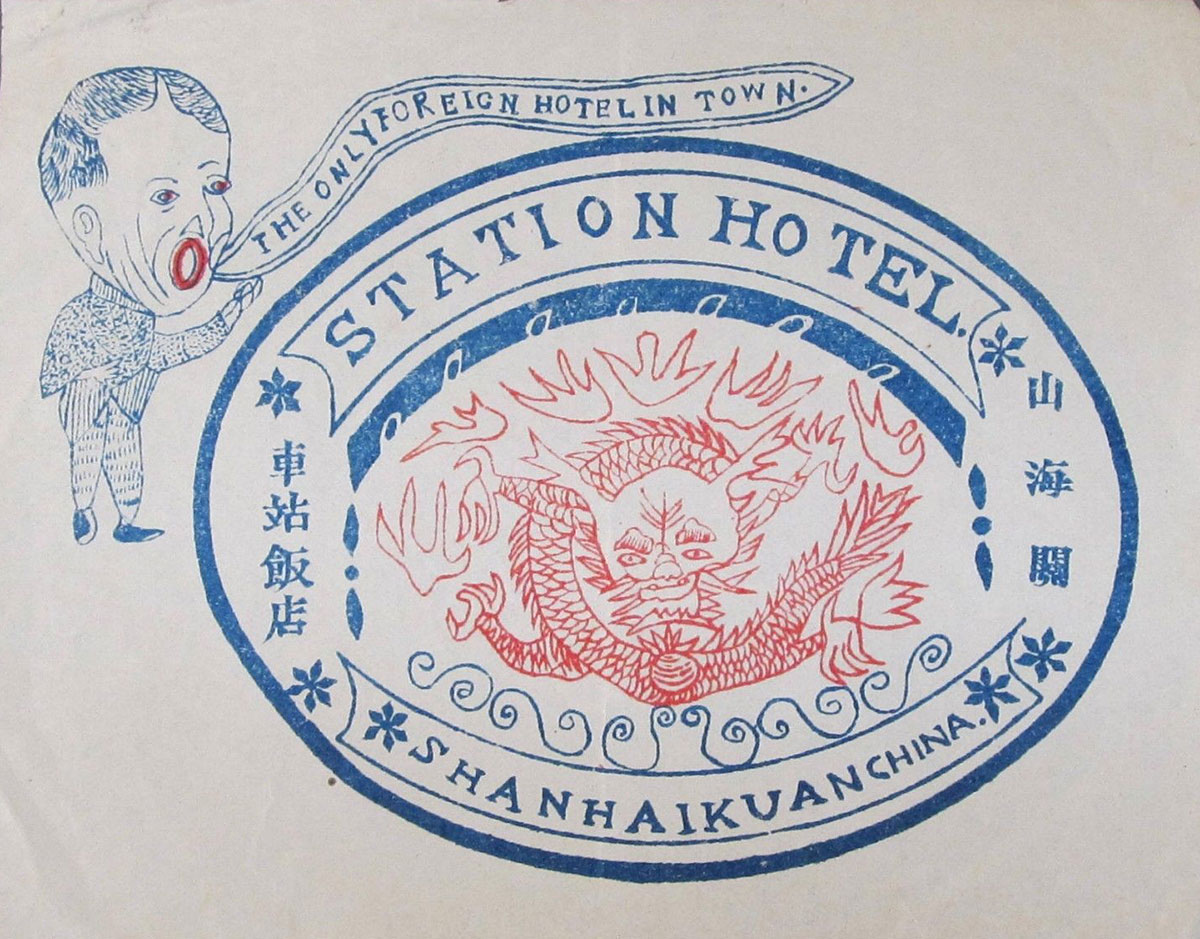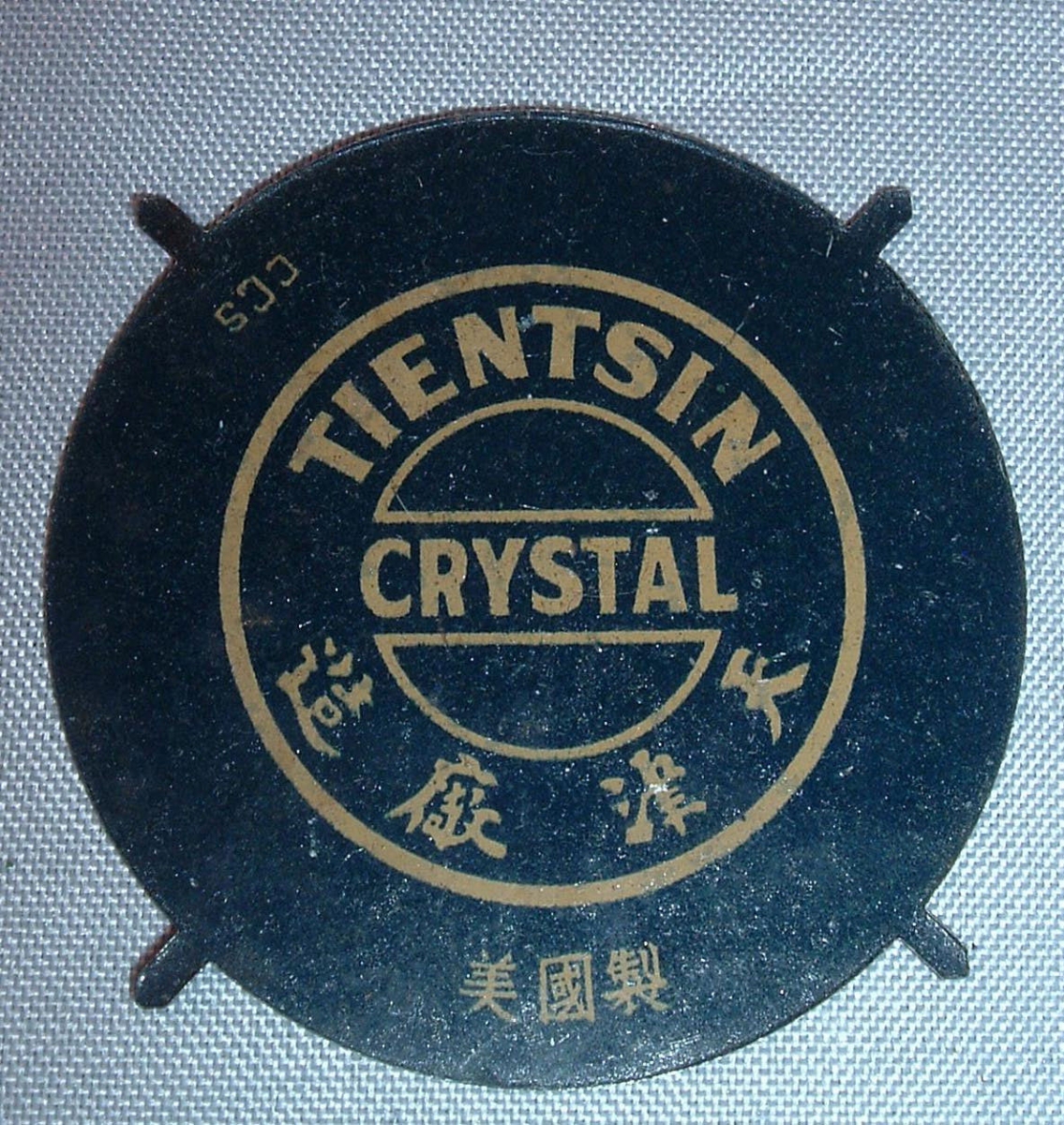The Upton Sino-Foreign Archive (USFA)
<p>This is an introduction to the Upton Sino-Foreign Archive (USFA), in Concord, New Hampshire, USA, an unusual collection of materials regarding foreigners in late Qing and Republican China. USFA is a private non-institutional archive curated by, and located in the home of R. Stevenson ‘Steve’ Upton. Upton is presently participating with Professor Wang Min (Institute of History, Shanghai Academy of Social Sciences) in developing a worldwide network of people (not limited to those who hold academic positions) who each have a serious interest in one or more aspects of the history of foreigners in late Qing and/or Republican China (especially at Shanghai, Tianjin, and/or other treaty ports, major cities, or leased territories). Anyone interested in joining this network should contact either Upton or Professor Wang, and should provide information about his/her background and pertinent interests. Anyone who lived as a foreigner in pre-1950 China is especially encouraged to join the network. One special benefit for members of the network is that they receive preference in obtaining access to USFA.</p>
A high percentage of the materials at USFA is not known to be available in any other archive. Most of the materials are from the period 1790s until 1950s and pertain to foreigners in China or to Sino-Foreign interaction generally. Most of the materials at USFA can be described as photographs, letters, documents, other ephemera, works of art, trophies, medals, and other non-paper objects. In addition, USFA has some extremely rare or unique books and periodicals, as well as more common publications. Most of the non-photographic materials include written information which is wholly or partly in a non-Chinese language. Some of the items at USFA formerly belonged to notable people, including Sun Yat-sen, Li Hongzhang, and Madame Chiang Kai-shek.
USFA has unusually important collections on certain topics. It has the world’s largest and most diverse collection on schools in pre-1950 China that were primarily for foreign students, and also has some notable materials regarding some of the schools in pre-1950 China that were primarily for Chinese students. USFA has one of the largest collections on U.S. military forces in China, other than the collections at the U.S. National Archives and at the official archives of the U.S. Army, Navy, and Marine Corps.
The archive also has unique and important materials regarding other foreign military forces of pre-1950 China. USFA has special collections regarding Jewish communities in China during the first half of the 20th century, and regarding people of Russian Empire/USSR background in pre-1950 China. Some of USFA’s collections regarding pre-1950 Shanghai, such as the one on clubs and recreation and the one regarding hotels, are probably the most important that one can find outside Shanghai. USFA has one of the largest diversified collections of materials regarding Masonic organizations in pre-1950 China. USFA’s collection regarding pre-1950 Tianjin is among the most significant that can be found outside Tianjin. The archive has rare and unique materials regarding the Chinese Maritime Customs, Chinese Salt Administration, and Imperial Chinese Navy. USFA also has special materials regarding foreign organizations whose activities in pre-1950 China included intelligence/espionage work, such as the Office of Strategic Services, the Sino-American Cooperative Organization, and the Counter-Intelligence Corps.
Many of the materials at USFA have not yet been listed in catalogs, but have been organized into files and boxes on specific places and topics. Many of the catalogs which thus far have been prepared pertain to pre-1950 Shanghai. Examples include (a) Shanghai Clubs & Recreation, (b) Shanghai Hotels & Apartment Buildings, (c) Shanghai Public Utilities, (d) Shanghai Restaurants, Cafes, Bars, Cabarets, Night Clubs, Dance Halls, etc., and (e) Shanghai Cinemas, Theatres, Movies, Plays, Opera, Dance, Concerts, etc.
Scholars are welcome to make inquiries regarding whether USFA has any materials about a particular person, entity, or event. Anyone with a serious interest in obtaining an invitation can contact Upton at rsu77@alum.dartmouth.org, and provide a fairly detailed description of his/her background and any particular reasons for his/her interest in visiting USFA. A number of the past visitors to USFA have been professors from major Chinese universities. Because the place where USFA is located is primarily a home, and because of limitations to Upton’s availability, usually not more than five or six invitations are issued per year to individuals who have not previously visited USFA.
Steve Upton is the director of the Upton Sino-Foreign Archive (USFA) (uptonrs@gmail.com).
